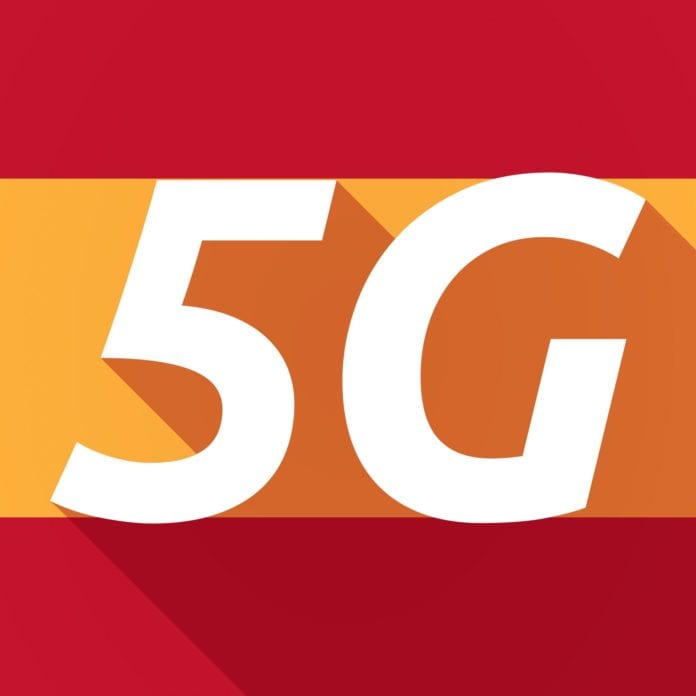Telefonica said carriers launching the technology before that year will probably need to update software and equipment
Spanish telecommunications giant Telefonica is unlikely to announce the commercial launch of 5G services prior to 2020 since any equipment used would have to be changed and the operator would be unable to negotiate prices, Spanish press reported the company’s network and IT infrastructure strategy director Javier Gutierrez as saying
“If someone starts deploying 5G next year, they will have to do so via pre-commercial technology that will surely need to be updated at a software level and will also probably to change equipment later level,” news agency EFE quoted Gutierrez as saying.
The executive also said that they will have “very rudimentary” 5G equipment to make some field trials this year. “We will receive a little more mature 5G equipment next year,” the executive said. “We will be able to know what equipment we want to buy towards a commercial deployment in 2020. We do not see a commercial deployment before 2020,” he stressed.
In January this year, Telefonica had unveiled its 5G technological cities project, which will pave the way for the future deployment of 5G technology in Spain. Under this initiative, Telefonica has partnered with European vendors Nokia and Ericsson for the initial deployment of 5G capabilities in the cities of Segovia and Talavera de la Reina.
Telefónica aims to convert the two Spanish cities into living laboratories over the next three years, with capabilities including the initial 5G capacity, the deployment of the new network and the development of use cases allowing their citizens and companies to benefit from the advantages of 5G.
Nokia will deploy 5G infrastructure in Segovia while Ericsson will focus on network deployments in Talavera de la Reina, Telefonica said.
The Spanish operator said these two initial deployments will allow it to adapt its systems for the future rollout of 5G systems across the rest of the country. The telco also said that 5G use cases will be developed with concept tests on the new services, products, experiences and business models.
The above includes the work performed jointly with SEAT and FICOSA on connected car applications. These applications connect vehicles to the road infrastructure and citizens, in order to improve safety and traffic management.
Tourist services with virtual and augmented reality, the automation and digitization of industrial processes, the massification of the internet of things, fixed radio access in rural environments, remote management of critical processes, telemedicine, mobile gaming and remote control of drones are some of the potential use cases enabled by the arrival of 5G, the telco said.
In November 2017, Telefonica and Chinese vendor ZTE had completed the first phase of a 5G transport test at the Spanish operator’s Future Networks Lab in Madrid. In the test, the vendor provided its new 5G Flexhaul transport solution integrating fronthaul, midhaul and backhaul features.
The two companies said that they will focus on additional transport testing and will also perform further tests and verification for 5G end-to- end solutions.

